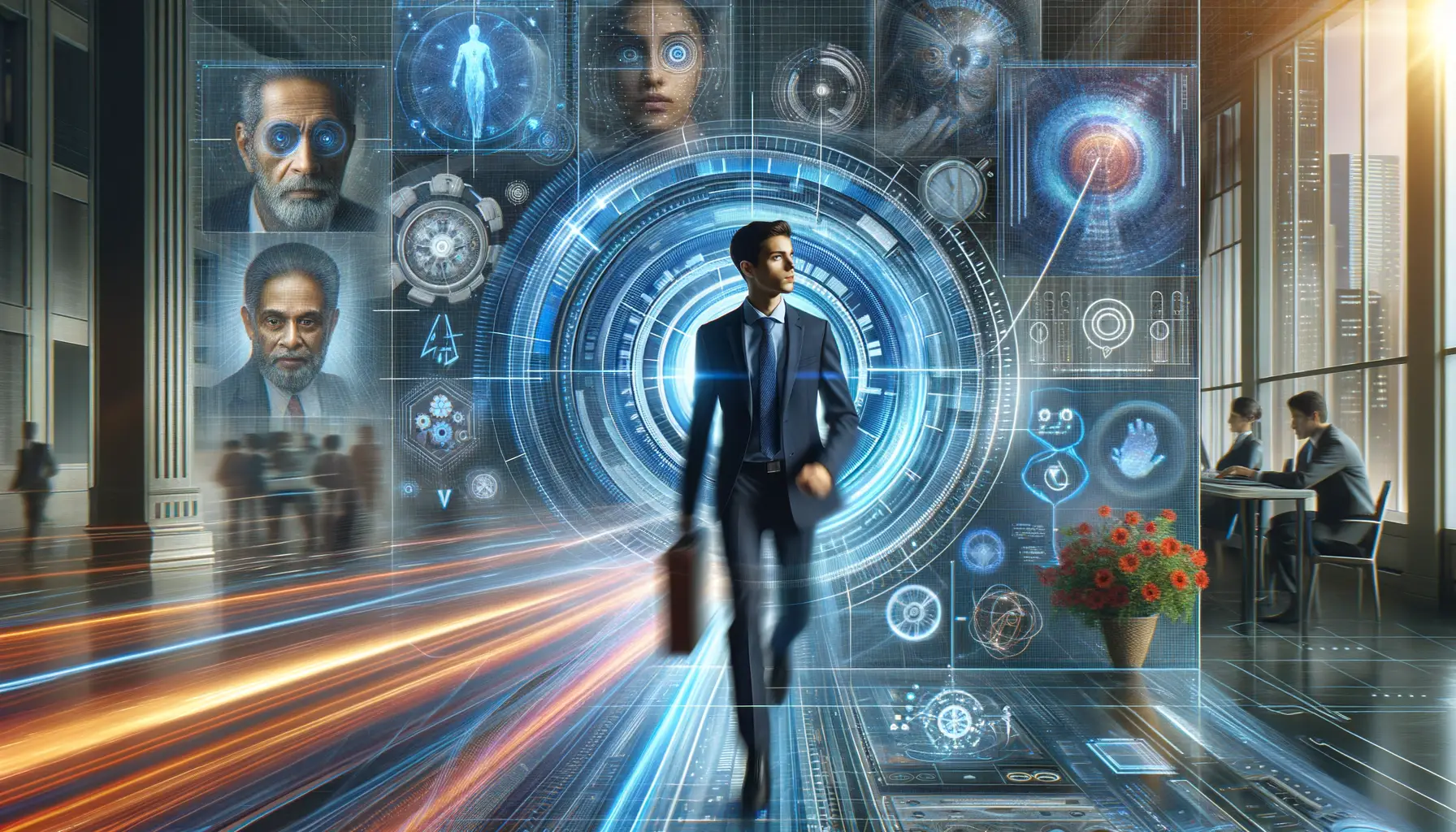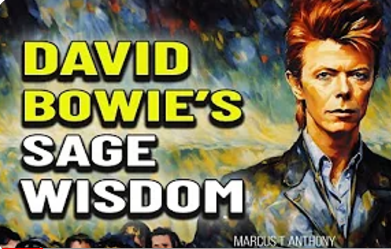In the past year or two we have seen a lot of negative press about the concept of the metaverse, the all-immersive VR internet that companies like Meta and Roblox are planning for us. Web 2.0 has featured innumerable problems, many of them unpredicted by the web’s founders: mass trolling, Twitter mobs, an explosion of misinformation, concerns about negative effects on the wellbeing of youth, pervasive porn and that’s just the tip of the iceberg. So it would indeed be wise to be cautious about what the metaverse might bring.
But we should not assume that some kind of dystopian Snow Crash metaverse is inevitable. My preferred future scenario (which I outline in my upcoming book Power and Presence) is what I call the Mindful Metaverse. Here we develop web systems and cultures that harness the many potential positives of virtual reality, while helping facilitate greater psychological and spiritual development. This includes what I call Embodied Presence (a strong sense of connection to the body and the present moment) and the Authentic Self (a more grounded and wise expression of self).
Online spaces can actually help us retain our sense of humanity via “the nature effect,” and this is related to the experience of wonder and awe. Anyone who has been inside a planetarium or watched the movie Dune knows that artificial environments are perfectly capable of arousing these senses. And that’s important, because such feelings directly enhance creativity and our sense of hope for a positive future. They are thus inherently empowering.
Research suggests that time spent in nature enhances a positive, empowered relationship with the future. This “nature effect” works to some degree even with electronic images, and therefore can be harnessed within virtual environments. A fascinating fact is that there is experimental evidence which shows that both children and adults are more likely to restrain their desire to satisfy impulses after watching nature videos, as opposed to videos about cities. Conversely, urban settings may prime us to feel competitive and to take what’s available; while nature inspires a sense of abundance and permanence. Nature also reduces arousal (i.e., stress), increases our capacity to focus, and induces a more expansive sense of time and a generous attitude towards the future. According to Dacher Keltner, Professor of Psychology at the University of California, Berkley, nature inspires awe, and enhances creativity while helping to generate new perspectives. Conversely, small screens literally retard our expansive vision, as well as our capacity for wonder and creative acuity.
Preferable futures such as the Mindful Metverse would see homes, schools and workplaces designed as cognitively friendly spaces, attuned to nature. For example, nature’s fractal mathematical patterns enhance well-being, and design spaces could mirror those patterns.

A commonly overlooked isssue in this era where we are spending more time in e-worlds is the importance of using our peripheral vision. Interacting with small screens restricts our peripheral vision, and in doing so retards our mental capacity to spatially relate to information. Narrow screens require navigation via scrolling, zooming and clicking. However, experimental evidence shows that if we activate our peripheral vision, using our eyes to rest upon expansive, panorama-like spaces and landscapes, we simultaneously permit access to greater knowledge and insight, because the physical process facilitates our sense of context. Our working memory is improved, along with our efficiency at locating information. Using our peripheral vision also enhances our spatial memory: our ability to remember where things are.
This is where virtual futures could actually come into play in a positive way. Robert Ball of Weber State University in Utah believes that we can reduce this peripheral vision constriction effect by utlising giant, high-resolution visual displays. These could potentially help facilitate physical embodiment and augment creativity and pattern recognition. Large or multiple displays offer enough space to arrange information across a wider plane, and permit leverage of spatial memory. Ball thus suggests that instead of investing money in purchasing faster processors, we should instead buy bigger monitors. The metaverse concept may therefore be in an ideal position to leverage the advantages of activating our peripheral vision, by developing a three-dimensional, all-surround perceptual field.
Yet we as netizens should keep in mind that we don’t need to wait for BigTech and our policy overlords to change our online systems before we act. We can also modify our own behaviour and lifestyles to take advantage of the nature effect. For example, research suggests that exposure to natural light during the day helps us sleep better, and makes us feel more energetic and physically active. Google reports that workers with desks near windows are more creative and productive than those farther away. We can all consider implementing these kinds of simple behaviours as we go about our life and work.
There are measurable physiological changes that occur when we experience awe, as researchers like Dacher Keltner have found. These include becoming less reliant on our pre-existing ideas and stereotypes, becoming more curious and open-minded, as well as more willing to change our worldview models. Thus researchers like Keltner and Anne Paul (in her book The Extended Mind) refer to awe as “a reset button” for our brains. Thus in ideal futures we must learn to make our machines compatible with our souls.

Yet as Anne Paul notes, our modern day devices are engineered specifically to grab and maintain our attention. Paul writes, “The time we spend scrutinizing our small screens leads us to think small, even as it enlarges and aggrandizes our sense of self.”
And what of the transcendent? Human history is replete with stories from spiritual traditions which claim that there are higher order expressions of consciousness. Many of these “awakening” experiences, where one’s sense of self expands beyond typical ego-identification (the small-s-self), involve time spent in nature or in self-reflection. A key question is, will increased periods of time spent online and in the metaverse retard the human capacity for the spiritual? For the more time you spend in front of your devices, the narrower your view of your life and the world, even as you magnify the small-s-self. Sadly, magnification of ego isn’t the same as the boundary expansion experiences that are common to the awakening experiences outlined in many spiritual traditions. Buying a dozen town houses doesn’t give you a mansion. When astronaut Rusty Schweickart gazed down upon the Earth from the dark vastness of space he did not identify with his lived experience, but suddenly saw it within a much greater context.
“…you identify with Houston and then you identify with Los Angeles and Phoenix and New Orleans . . . and that whole process of what it is you identify with begins to shift when you go around the Earth . . . You look down and see the surface of that globe you’ve lived on all this time, and you know all those people down there and they are like you, they are you . . . You recognize that you’re a piece of this total life.”
Awe expands and connects, as do all genuine awakening experiences. However, the more we identify with ego (the contents of our minds), the more we concretise the boundaries of the small-s-self, and the less likely we are to transcend that ego. In other words, we lose the opportunity to embody the Authentic Self. Ego makes us full of ourselves, not full of the cosmos. As Anne Paul notes:
“Nature’s vastness—the unfathomable scale of the ocean, of the mountains, of the night sky… makes us feel tiny, even as it opens wide our sense of the possible.”
Anne Paul’s point is not exactly the same as mine. Her goal here is in helping the reader develop what she calls “the extended mind,” which is where neural synchronisation permits our brains to mirror information from our environment, including that of other people and groups. Yet there are strong overlaps with the mainstream science of the extended mind and the development of “the non-local mind,” as depicted in the long history of mystical experiences (the latter typically includes the belief that mind transcends the self). This is because the relaxation and surrender process that time in nature and the experience of awe bring, are also strongly present in reports of awakening experiences.
A good example is that of Edmund Bucke in his 1901 book Cosmic Consciousness. Bucke’s direct intuition of an expanded consciousness occurred as he was walking outside under a night sky, after attending a poetry reading featuring the works of the romantic poets such as Walt Whitman. Bucke had a rapturous experience of expanded consciousness, which led to a direct sense that the cosmos consists “not of dead matter governed by unconscious, rigid, and unintending law; it shows it on the contrary as entirely immaterial, entirely spiritual and entirely alive… it shows that the universe is God and that God is the universe…”

It is reasonable to assume that there was a neural synchronisation process affected by Bucke’s listening to that poetry. In other words, Bucke’s brain may have come to mirror the spiritual themes present in the poetry, which were in turn expressions of the spiritual wisdom of the poets; and this set the stage for the later amplification of this consciousness structure, during his walk under a starry sky. Neural synchronisation, whether that be framed via mainstream science versions such as Anne Paul’s, or the more esoteric versions put forward by mystics, potentially links us all across time and space.
We are not alone, but deeply connected with each other, an effect of nature that transcends our virtual connections on the net. Our future online systems – and societies in general – should attempt to help us retain this nature effect, and especially the experience of wonder and awe. If they do not, we may lose something priceless: our Authentic Selves.
This is an extract from Marcus T Anthony’s latest book, Power and Presence: Reclaiming Your Authentic Self in a Digitized World.

[i] Paul, A.M. (2021b). The Extended Mind. Mariner Books.
#metaverse, #futures, #spirituality, #technology, #mindfulness, #wonder, #nature, #environment, #sustainability





